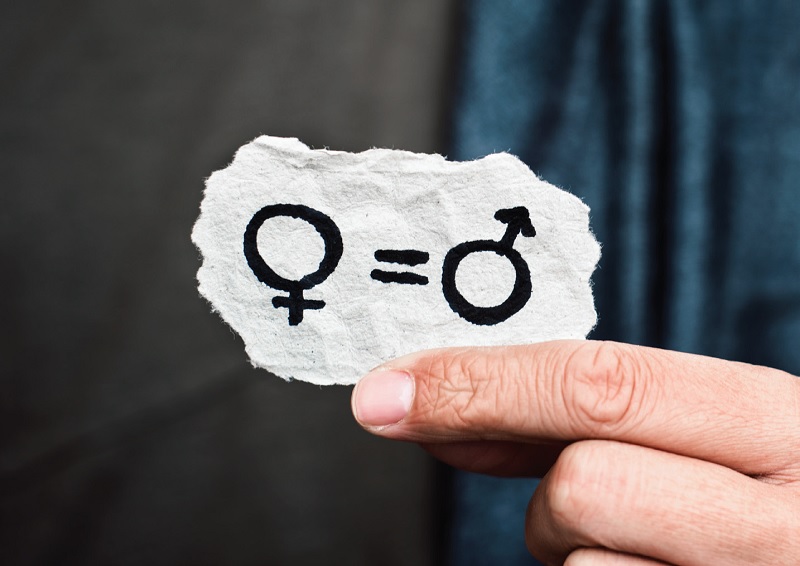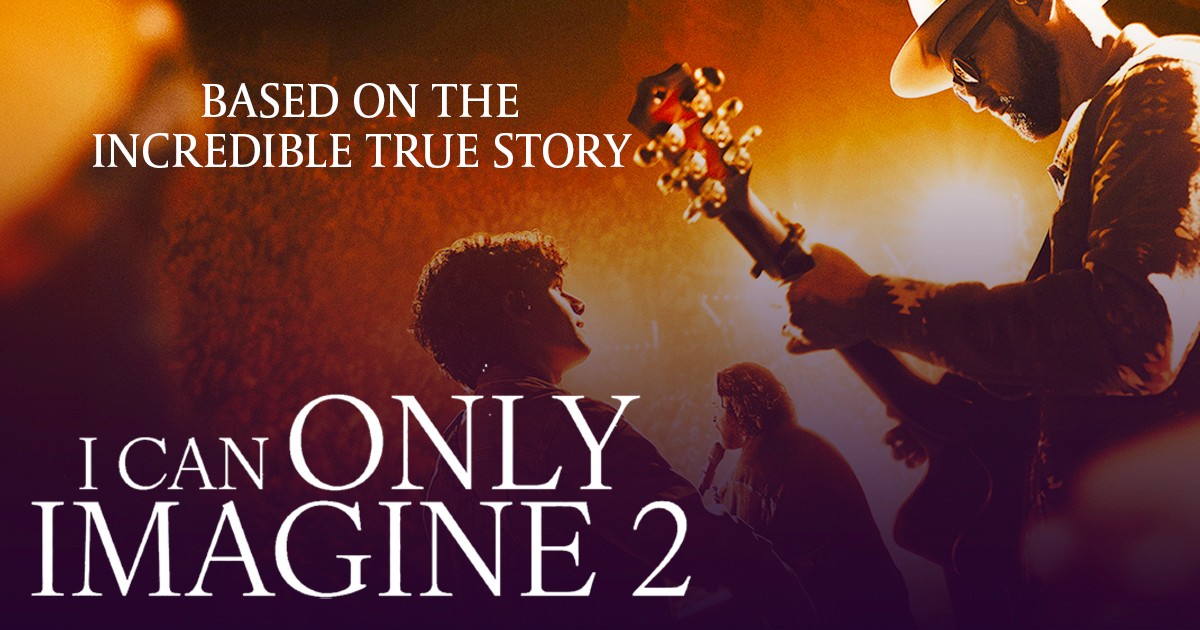In January, Gillette released a new ad called “We Believe” that reflected on the idea of toxic masculinity. With news reports of #MeToo playing in the background, the ad asked “Is this the best a man can get?” and answered with the belief that men can do better, offering a new slogan: “The best men can be.”
While many people applauded, the backlash was swift, with people posting photos on social media of Gillette razors in the trash, and vowing to boycott the company.
In my opinion, the ad showed men at our worst and our best, so it made me wonder why others felt as if they were being stereotyped. I was disappointed by those reactions. The best we can be is kind, generous, protective and inclusive—why would anyone push back on that?
Men seem to have a giant fear of other men. Maybe that’s why we’re so angry with being told we need to be accountable to each other. We don’t want to upset the status quo.
In The Time Has Come: Why Men Must Join the Gender Equality Revolution, activist and author Michael Kaufman writes, “Fear of other men becomes a constituent part of manhood. It’s a mechanism for men to police themselves, to not challenge words and behaviours that we find objectionable.”
Men, we need to think better of ourselves and each other, and we need to let our guards down so we can achieve our potential to build better communities.
I was born and raised on my traditional territory, the Gitxsan Nation. My mother raised me, along with my twin sisters, on her own, but close to family. I was privileged to grow up surrounded by strong Gitxsan role models, both men and women.
So I wasn’t fully aware of gender inequality until well into my youth. Today, I still find myself shocked to hear about the inequalities that women face on a day-to-day basis. Here are just a few examples:
We are made in the Creator’s image, both male and female. It’s only together, as equals, that we represent the full image of God. When sin entered the world, it caused a breakdown in our relationship with God, our relationship with creation and our relationship with each other.
So how can men strive for gender equality? Here are some practical suggestions:
It’s well past time that we all choose to live outside of a patriarchal system that treats one gender more favourably than another. We are made in the image of the Creator, both male and female. It is only together that we reflect the whole image of God. It is only together, as equals, that we can better build God’s kingdom here on earth.
Alex Stoney is the children and youth ministry co-ordinator, Upper Skeena Circuit with Gitsegukla, Hazelton and Sik-E-Dakh (Glen Vowell), B.C. He is also a member of The Salvation Army’s social issues committee.
Feature photo: © nito100/iStock.com
While many people applauded, the backlash was swift, with people posting photos on social media of Gillette razors in the trash, and vowing to boycott the company.
In my opinion, the ad showed men at our worst and our best, so it made me wonder why others felt as if they were being stereotyped. I was disappointed by those reactions. The best we can be is kind, generous, protective and inclusive—why would anyone push back on that?
Men seem to have a giant fear of other men. Maybe that’s why we’re so angry with being told we need to be accountable to each other. We don’t want to upset the status quo.
In The Time Has Come: Why Men Must Join the Gender Equality Revolution, activist and author Michael Kaufman writes, “Fear of other men becomes a constituent part of manhood. It’s a mechanism for men to police themselves, to not challenge words and behaviours that we find objectionable.”
Men, we need to think better of ourselves and each other, and we need to let our guards down so we can achieve our potential to build better communities.
I was born and raised on my traditional territory, the Gitxsan Nation. My mother raised me, along with my twin sisters, on her own, but close to family. I was privileged to grow up surrounded by strong Gitxsan role models, both men and women.
So I wasn’t fully aware of gender inequality until well into my youth. Today, I still find myself shocked to hear about the inequalities that women face on a day-to-day basis. Here are just a few examples:
- More than 150 countries have at least one actively sexist law that makes life more difficult—or more dangerous—for women and girls.
- Every year, 12 million girls under the age of 18 are married.
- One in three women has experienced physical or sexual violence at some point in their lifetime, and women aged 15-44 are more at risk of rape and domestic violence than cancer, motor accidents, war and malaria.
We are made in the Creator’s image, both male and female. It’s only together, as equals, that we represent the full image of God. When sin entered the world, it caused a breakdown in our relationship with God, our relationship with creation and our relationship with each other.
So how can men strive for gender equality? Here are some practical suggestions:
- Recognize and make use of the spiritual gifts and talents of women. General Brian Peddle is a strong advocate for gender equity. In a recent article, he proclaimed that we need to do more to ensure that women are being placed in positions that will benefit the Army, its clients and the kingdom.
- Include women in important conversations. We need to intentionally seek out women to participate in important conversations because they are underrepresented. There are many qualified women in any given profession who have valuable insight to share.
- Be responsible for your thought life. Women are sometimes seen as a source of temptation in the workplace, a threat to a man’s reputation, rather than peers. This makes it difficult for women to do their jobs. You are responsible for your thought life. If you struggle with sexual temptation, seek out help.
It’s well past time that we all choose to live outside of a patriarchal system that treats one gender more favourably than another. We are made in the image of the Creator, both male and female. It is only together that we reflect the whole image of God. It is only together, as equals, that we can better build God’s kingdom here on earth.
Alex Stoney is the children and youth ministry co-ordinator, Upper Skeena Circuit with Gitsegukla, Hazelton and Sik-E-Dakh (Glen Vowell), B.C. He is also a member of The Salvation Army’s social issues committee.
Feature photo: © nito100/iStock.com










Comment
On Friday, April 26, 2019, Cassie said:
Leave a Comment